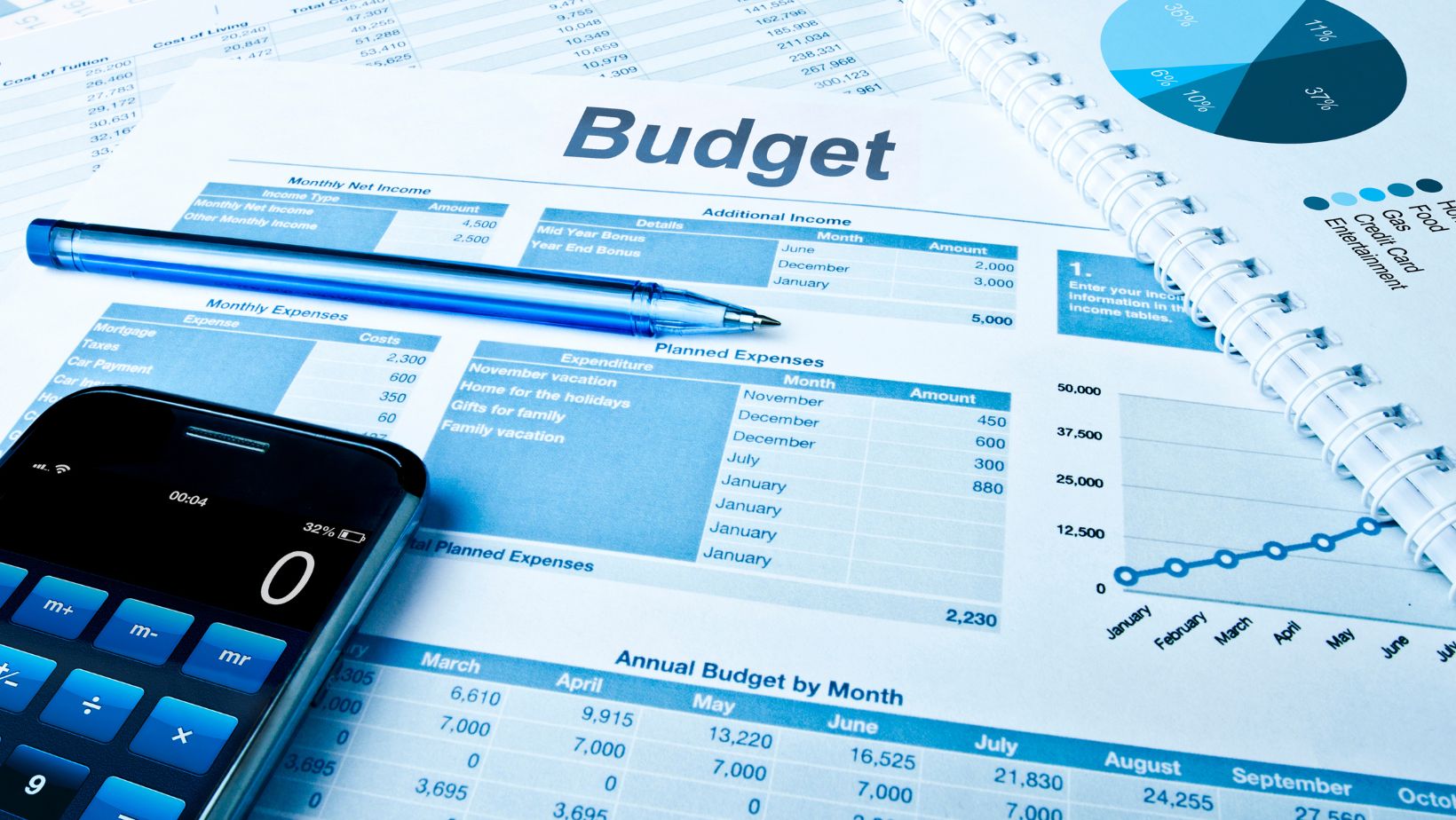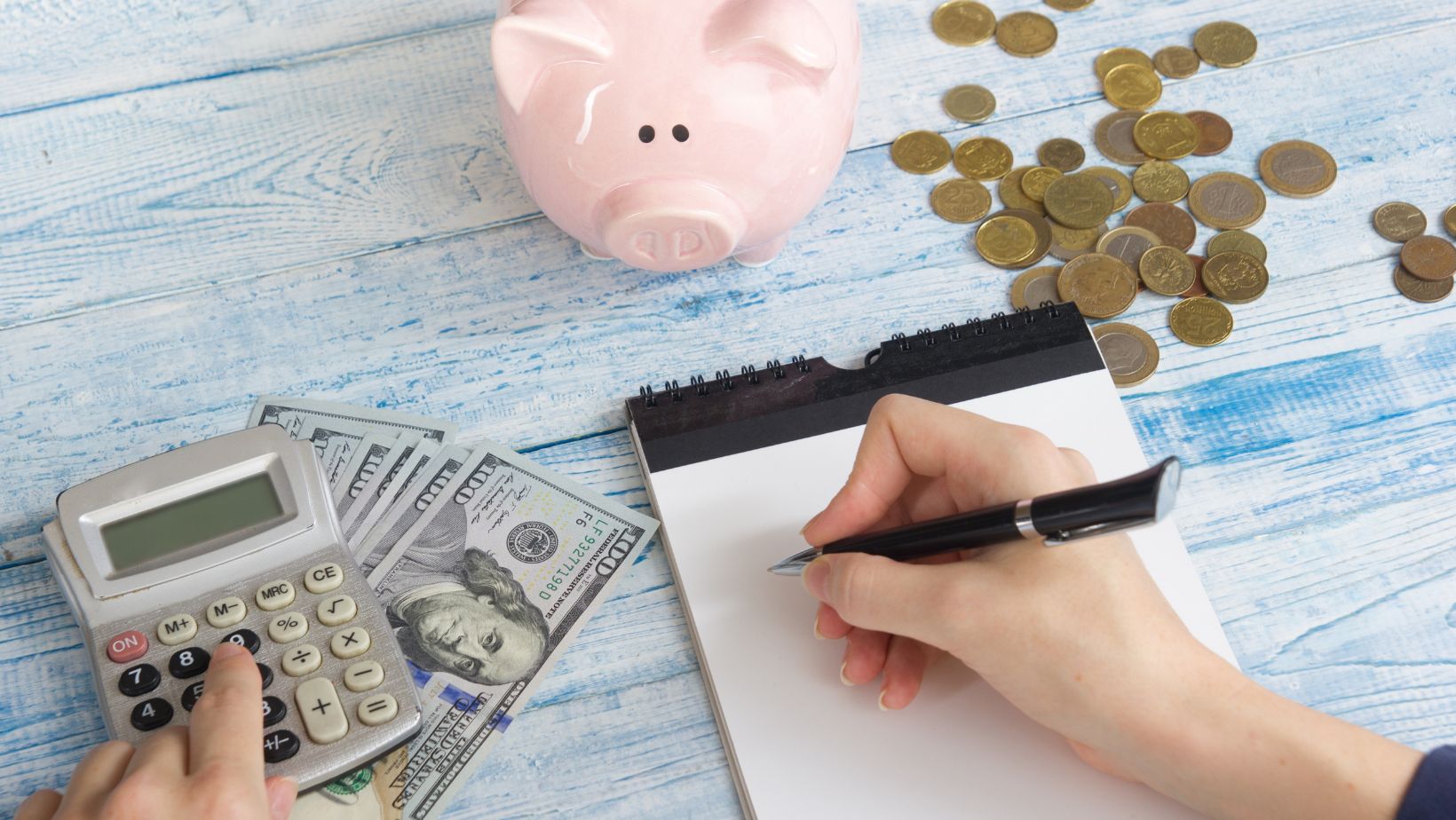Financial security is something we all dream of, whether it’s reaching the point of not having to look at the price tag before making a purchase or simply knowing that your bills are always covered. Even when inflation fluctuates and cools, most of us still struggle to keep up with the costs of living. One-third of Americans state that they don’t feel financially secure, and a quarter admit that they don’t have any emergency savings at all. Without a safety net and little room for error, the stress that comes with all of this can be astounding. While we can’t instantly land a higher-paying job or magically make food appear on the table every night, one thing we can do is employ technology to help us budget more effectively — and here’s how.
Using Budgeting Apps
When we don’t record what’s coming into and going out of our bank accounts, there’s no concrete way to tell whether we’re living within our means. That’s why budgeting is so important — it gives you tangible control over your finances and lets you avoid debt while making the most of your hard-earned cash. But rather than budgeting the old-fashioned way, budgeting apps modernize this process by automatically tracking and categorizing your spending and income for you. Beyond tracking, you can receive personalized insights and recommendations to help you make smarter decisions. The beauty of these apps is that you can pull your phone out anywhere, at any time, and stay on top of your transactions.
One particular budgeting program people swear by is You Need a Budget (YNAB), which essentially assigns every dollar to a category right after payday. There’s an intentionality to this budgeting method, so you can build a habit and, consequently, build more wealth.
Make Use of Digital Wallets
Digital wallets like Apple Wallet and Google Wallet are the most popular mobile wallets in North America. These digital wallets can effectively aggregate all your credit cards, loyalty cards, and tickets in one place, making it much more convenient to access what you need with just a click or tap. While digital wallets save you time and effort, their true value lies in real-time updates.

Especially when you’re on vacation or a night out, it can be easy to lose track of what you’re spending. Seeing those transaction notifications pop up instantly on your phone can help you rein back and avoid overspending. You won’t have to open your bank app whenever you need to review your transactions.
Set Up Alerts and Notifications
Continuing in the same vein, alerts and notifications play a big role in keeping your finances on track. Instead of seeing where you stand at the end of the month or avoiding the uncomfortable reality of money altogether, you can automatically be informed of any account activity right when it happens. You certainly don’t want to find out that you’ve used your overdraft and racked up expensive fees or missed a credit card payment and damaged your stellar credit score. They’re an integral part of day-to-day financial management that will avoid the constant nature of checking your accounts.
Along with your own insight, these alerts act as a form of security, informing you of any instances of fraud or theft. Although most banks have security measures in place to duly inform you of large purchases or automatically block transactions from other countries, cybercriminals are becoming much more sophisticated. Your bank might not flag these one-off purchases, so notifications can place the control in your own hands.
Consolidate Finances with Aggregation Tools
Many of us may have multiple bank accounts, financial goals, and investment portfolios, making it difficult to see the big picture in one accessible place. Financial institutions compete with each other, so they don’t often provide integrated solutions for their customers that feature other banks’ data. With such a fragmented approach, there are many opportunities to be missed and inconsistencies you might not pick up on.
Luckily, third-party aggregation tools can bring all this data together so you can see your entire financial profile with a bird’s eye view. You’ll get a much clearer understanding of how you’re doing financially and know exactly what steps to take if you need to adjust your strategies.
Automate Payments
Payments happen on both a weekly and monthly basis, and there are typically lots of them happening all the time. From mortgage and rent payments to the numerous subscriptions you’re signed up for, there’s a lot to keep track of. We’ve become such a subscription-obsessed society because we’re able to access products and services conveniently, regularly, and quickly.
Besides being convenient, automating payments means you don’t have to remember and manually pay all your bills.

You remove the inherent risk of late fees, avoid reducing your credit score, and can better manage your cash flow. When you know exactly when money will be taken out of your bank account, you can ensure you have sufficient funds to cover those expenses when they come up. In a nutshell, automation can make managing your financial management seamless.
Employ AI for Financial Advice
Just like AI can be employed to detect fraud for banks, translate between languages, better diagnose patients, and find and claim some of the popular online casino bonuses and promos, it can also be used to manage your finances. Because AI can process vast amounts of data at incredible speeds, it has a leg up over traditional, more manual methods of searching for financial advice. The algorithm can identify patterns, pinpoint trends, and generate valuable insights for more accurate recommendations. These AI financial advisors can then give personalized advice based on your exact financial situation on anything from savings to investments and budgeting.


